The long awaited for goose eggs came this morning on the first mail truck of the day.
I photographed the process of opening the box and un wrapping the eggs.
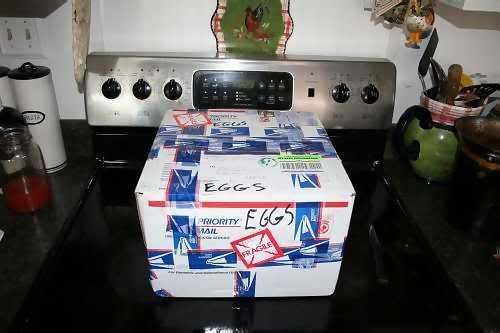
The box as recieved from the PO.
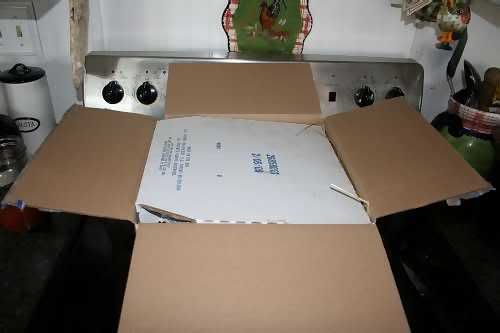
Opened.
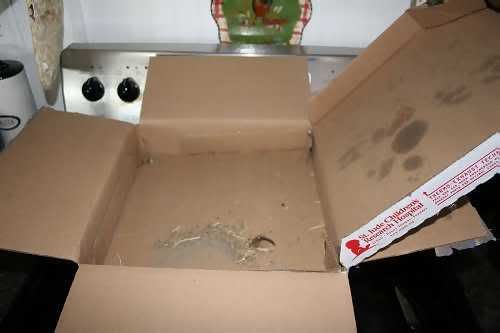
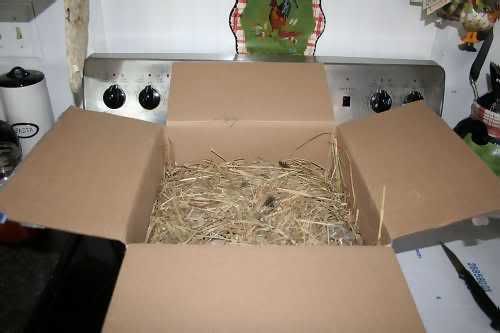
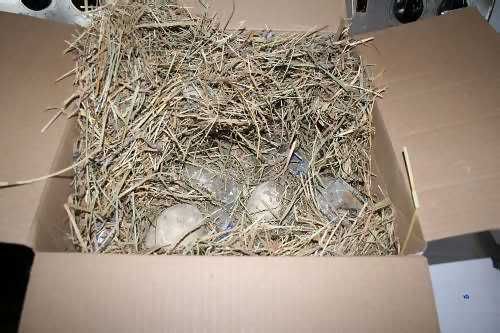
First reveal of the eggs. Some in bubble wrap, some just in the box.
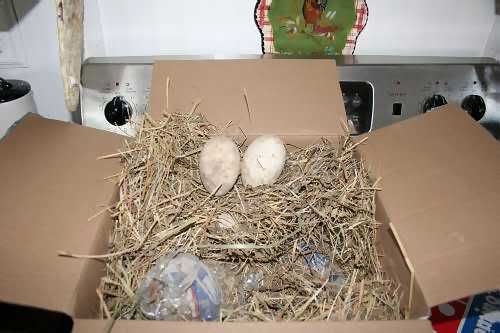
Moved the 2 to see what is there underneath.
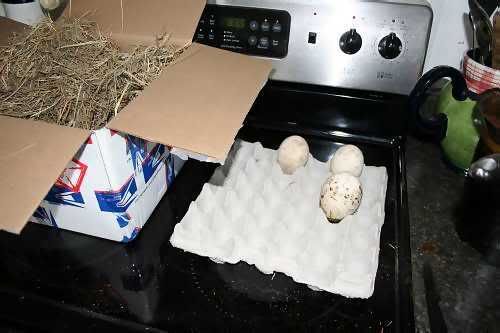
Beginning to unwrap.
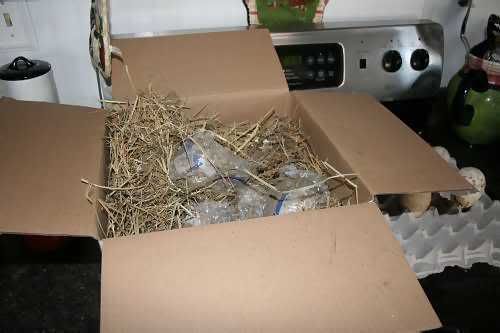
The bottom of the box is full of eggs.
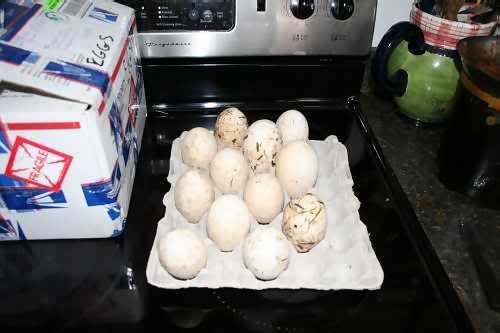
A full dozen eggs.
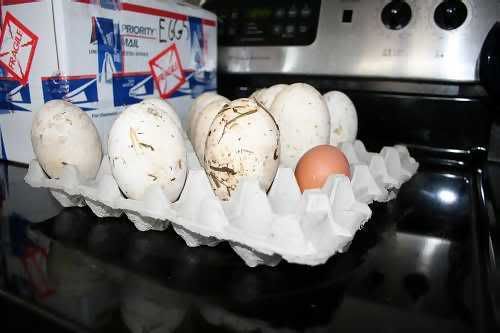
Size comparison with a large chicken egg so the size can be better determined.
The eggs seem to be sweaty and damp with mud and stuff stuck to it.
Will damp wet eggs hatch?
I have them big end up in an egg flat settling.
When they air dry I plan to brush them off with a toothbrush.
Tomorrow they go in the bator after having 24 hours to rest on my kitchen counter.
I will dry brush the mess off of them as best as possible before setting them.
I do have a goose egg turner.
Incubation -
Day 1 - 26 temps 99.5 humidity 65%
open daily for a 15 min cool down. Spritz eggs once a day with a fine mist of warm water.
day 26 - 30 temps 99.5 humidity boost to 85%
Stop turning
Spritz eggs once a day with a fine mist of warm water.
Do I need to know anything else?
I photographed the process of opening the box and un wrapping the eggs.

The box as recieved from the PO.

Opened.



First reveal of the eggs. Some in bubble wrap, some just in the box.

Moved the 2 to see what is there underneath.

Beginning to unwrap.

The bottom of the box is full of eggs.

A full dozen eggs.

Size comparison with a large chicken egg so the size can be better determined.
The eggs seem to be sweaty and damp with mud and stuff stuck to it.
Will damp wet eggs hatch?
I have them big end up in an egg flat settling.
When they air dry I plan to brush them off with a toothbrush.
Tomorrow they go in the bator after having 24 hours to rest on my kitchen counter.
I will dry brush the mess off of them as best as possible before setting them.
I do have a goose egg turner.
Incubation -
Day 1 - 26 temps 99.5 humidity 65%
open daily for a 15 min cool down. Spritz eggs once a day with a fine mist of warm water.
day 26 - 30 temps 99.5 humidity boost to 85%
Stop turning
Spritz eggs once a day with a fine mist of warm water.
Do I need to know anything else?
Last edited:

